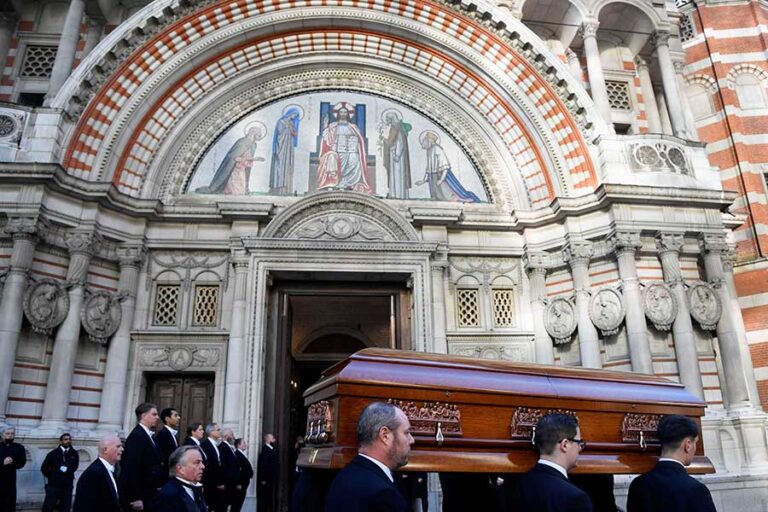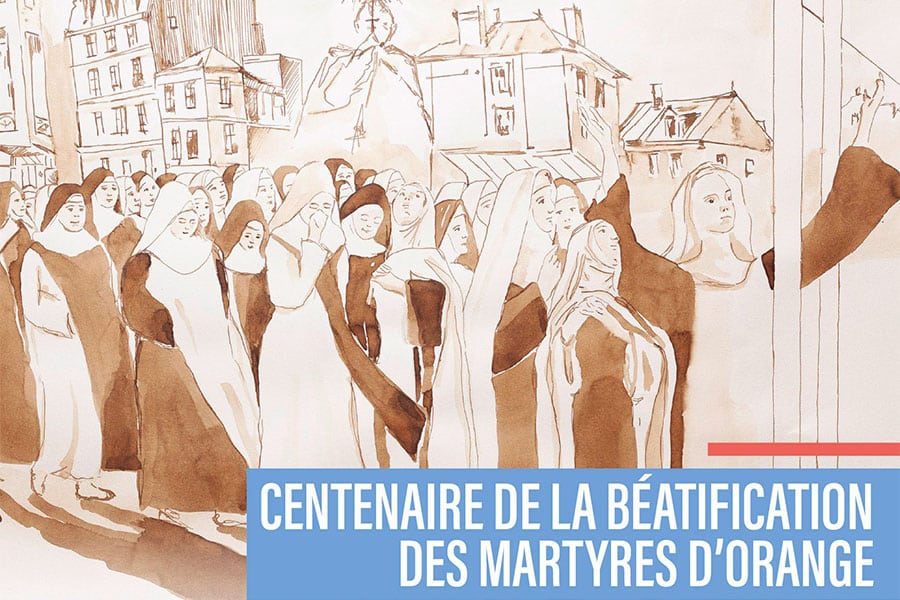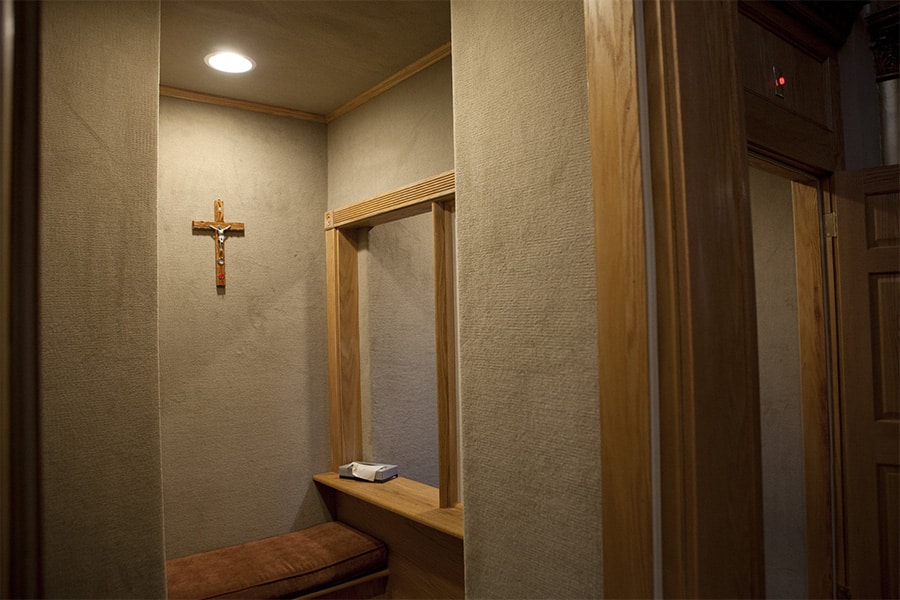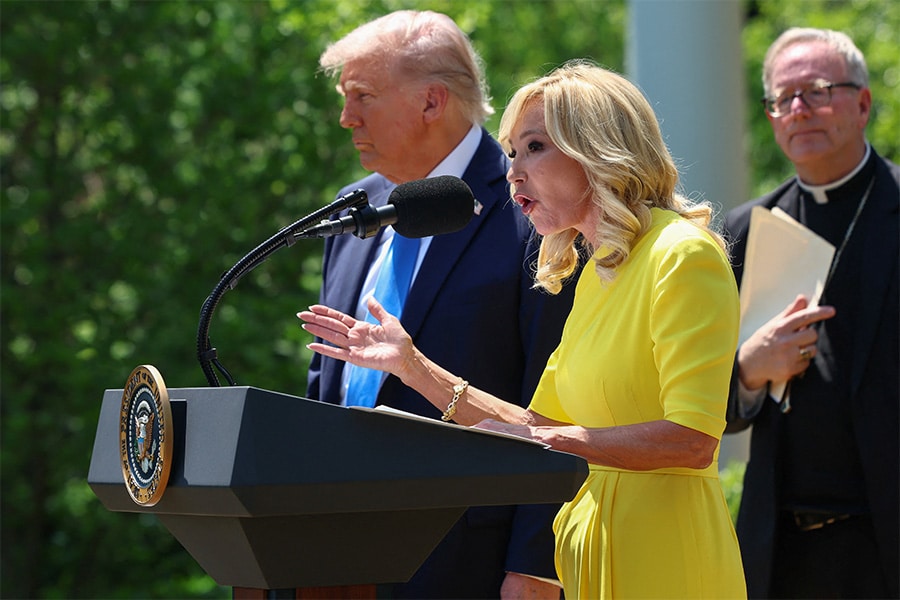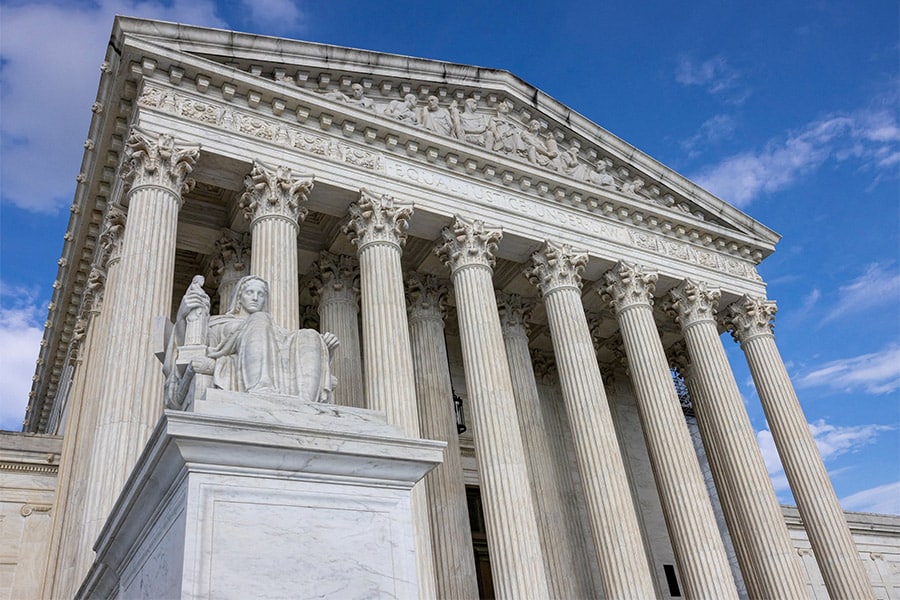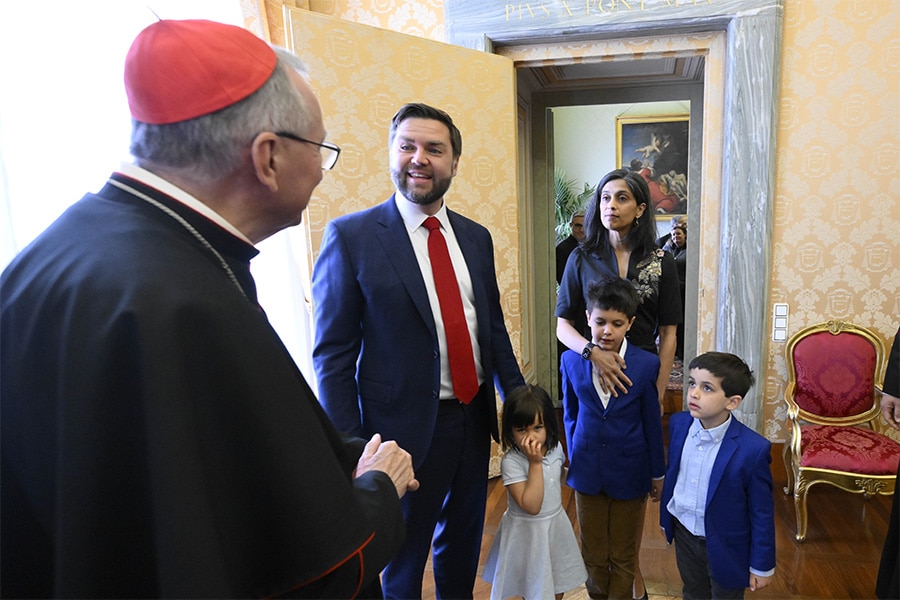MANCHESTER, England (CNS) — Catholics are facing soaring levels of discrimination in some of the most influential countries in Europe, a new report said.
The Vienna-based Observatory on Intolerance Against Christians in Europe identified the United Kingdom, France, Germany, Spain and Sweden as the five countries most affected by a “rising phenomenon” of harassment and violence toward Christians.
“These countries were selected because, according to our observations, Christians face the most difficulties in them,” said the Dec. 7 report, “Under Pressure: Human Rights of Christians in Europe.”
It said Christians increasingly endured both subtle and explicit discrimination as a result of secularist and Islamist ideologies taking hold in the local populations, producing an intolerance that is “becoming more visible.”
The report found that the phenomenon had resulted in a 70% increase in hate crimes against Christians in 2019 and 2020.
“The negation of a public voice is mainly based on strong and sometimes even extreme opposition to Christian morals derived from core beliefs,” the report said.
“In some cases, it does not stop at negation, but goes even further toward a criminalization of public or even private opinions.”
The report, compiled over two years, concluded by inviting “international and civil-society organizations to contribute toward improving this situation by reporting and raising awareness about this phenomenon.”
Speaking at a virtual news conference Dec. 7, Madeleine Enzlberger, executive director of the observatory, said: “This phenomenon can occur in various forms, such as vandalism — anti-religious motivated attacks against churches and Christian buildings — or even anti-Christian hate crimes against individuals. … But also, through the progressively restricting or contestation of fundamental rights, such as freedom of expression, freedom of religion, freedom of conscience, contractual freedom or parental rights.”
Regina Polak, an expert on the sociology of religion and member of the Catholic-Theological Faculty at the University of Vienna, told the news conference that “the number of reported anti-Christian hate crimes … in particular vandalism against places of worship, the desecration of cemeteries and arson attacks against churches, is worrying.”
“This is a call for comprehensive action: first of all, supporting victims, promoting awareness-raising measures and research.”
In the traditionally Catholic countries of France and Spain, most of the attacks were on Catholics, whereas in Germany and the U.K., both Catholic and non-Catholic Christians have been targeted. Catholic shrines in Germany, France and Spain have been desecrated and vandalized, the report revealed, and in some instances worshippers have been attacked and sometimes killed while visiting churches.
The report makes no mention of attacks on Catholics in Sweden, but speaks of secularization and of the rise of “no-platforming” of Christians in academic institutions — “Christian students do not enjoy the possibility of hosting Christian events or speakers.”
It says the United Kingdom is the European country with the most cases of legal prosecutions for alleged “hate speech” involving Christians.
It also mentioned an increase in physical assaults against Christian believers in the U.K. where, in October, Sir David Amess, a Catholic politician, was stabbed to death in a suspected Islamist terror attack.
read more on religious freedom
Copyright © 2021 Catholic News Service/U.S. Conference of Catholic Bishops

